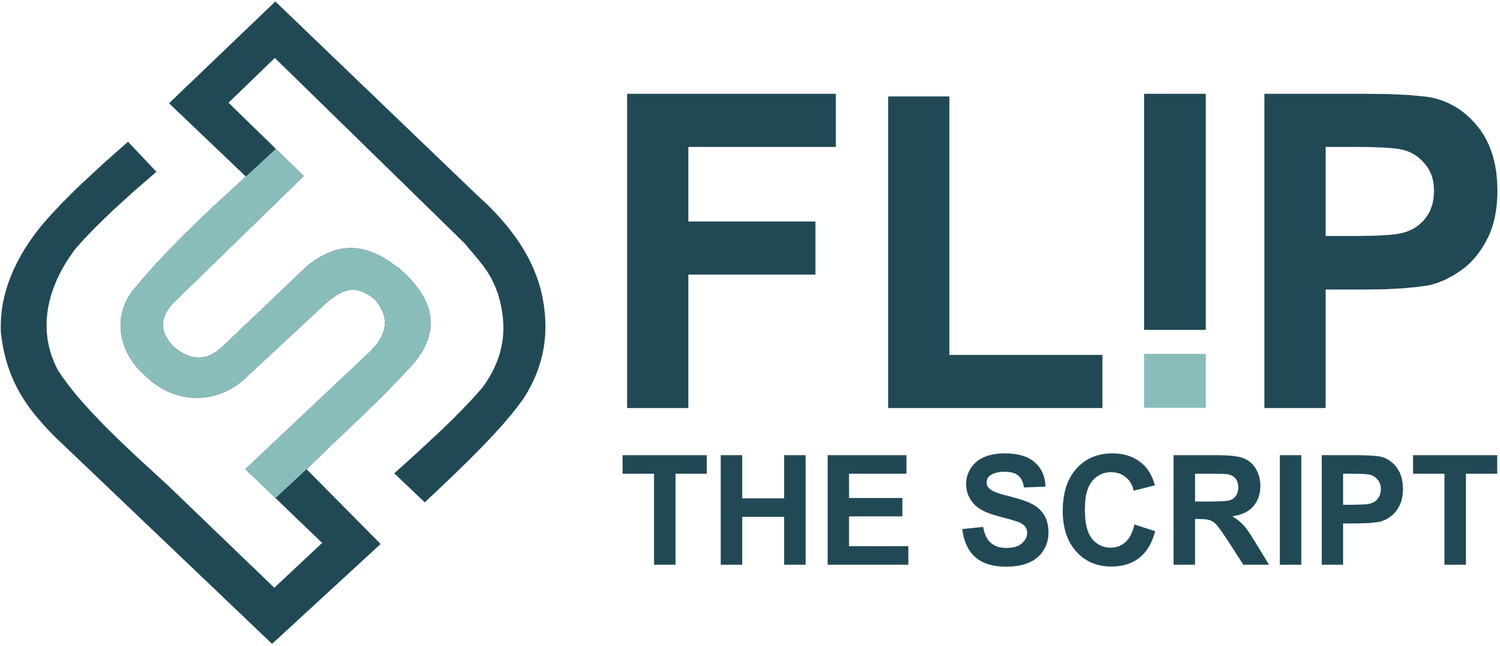The Power of Shared Language
What is one of the most frustrating experiences common to every member of our species?
It's not stockouts, traffic, or something else that the “Global North” has normalized into thinking is an everyone problem.
One of the most frustrating experiences is not finding the right words, whether feeling something profoundly and not expressing it adequately. Or that irritating "tip of the tongue" phenomenon. The struggle to translate our inner landscape to our outer context is the thread that binds humanity across time and space.
Regardless of one's language, values, or beliefs, our species is hard-wired for communication because so much of survival depends on relaying the most salient information at the right time. But the difficulty is that our thoughts are often vague, but we need the associated action to be explicit. How does one accomplish that effectively?
The Tool Kit
Having a shared vocabulary becomes an indispensable tool in the arsenal against ambiguity. It gives you a more manageable solution set. So instead of trying to find the right word in the millions available to you, you have a couple of dozen that capture the vital essence of a situation. Especially in a remote working environment where you miss out on so many non-verbal cues, this common understanding can mean all the difference between a happy, fulfilled team or a disjointed conglomerate of apathetic seat-warmers counting down to signing off.
For example, at Flip the Script, we all have been through the Positive Intelligence (PQ) program. My neurobiological notes on the matter notwithstanding, having a shared language to describe how we show up and the difficulties we face in the midst of it has been a game-changer. For instance, PQ differentiates between the different kinds of 'saboteurs' -survival mechanisms (mainly acquired in childhood) that have the net effect of hindering us towards our goals. Countering these unhelpful elements, you have 'sage' powers that help you recognize the gifts that underly life's challenges. Using these categorizations gives us shortcuts to have more productive conversations.
On energy, Matt Ley operationalized the idea of "buckets" while working on our EPIC Management course. Essentially, there are three places we expend/invest energy: work, relationships, and anxiety. If you're putting energy in one bucket, that leaves less to allocate to the other two. This has proven to be a helpful analogy for how our perceptions shift as situations ebb and flow. That's another key takeaway for shared language: it is not enough to talk about it. You need to use this as a springboard for meaningful action; else, you risk disengagement.
Why it Matters
As we can see, your mindsets, people, and offerings have a profound impact on your shared vocabulary. What comprises your business 'dictionary'? What's the source? How are these words used and received in the company? Notably, the more entrenched something is, the harder it is to notice because you take it for granted. In such a situation, it can be beneficial to have a "fresh eyes" perspective. Fortunately, we at Flip the Script have many avenues for you to explore articulating, standardizing, and implementing communication pieces for your work environment. Book a call to see how you can make the most impact with less stress!

